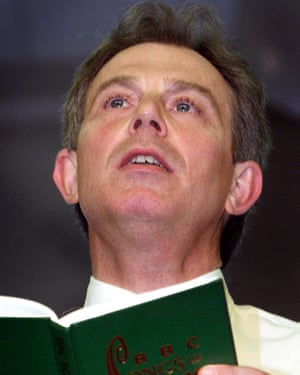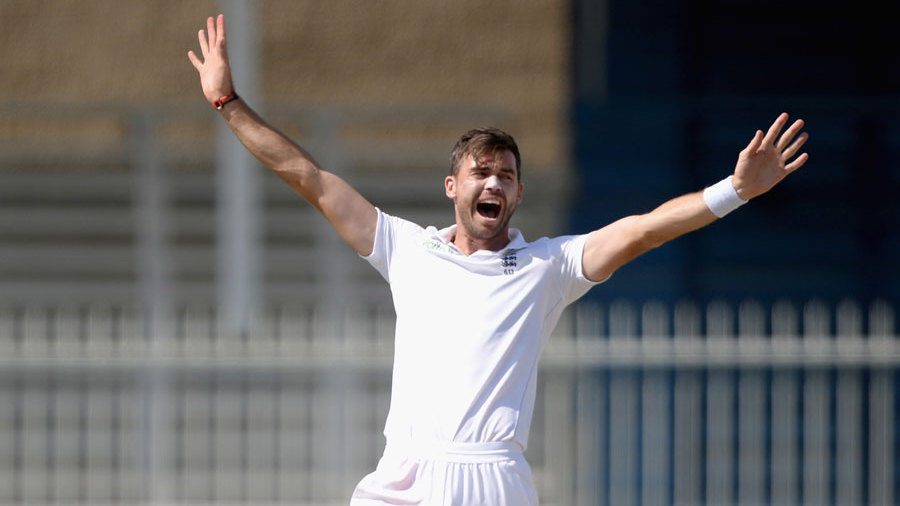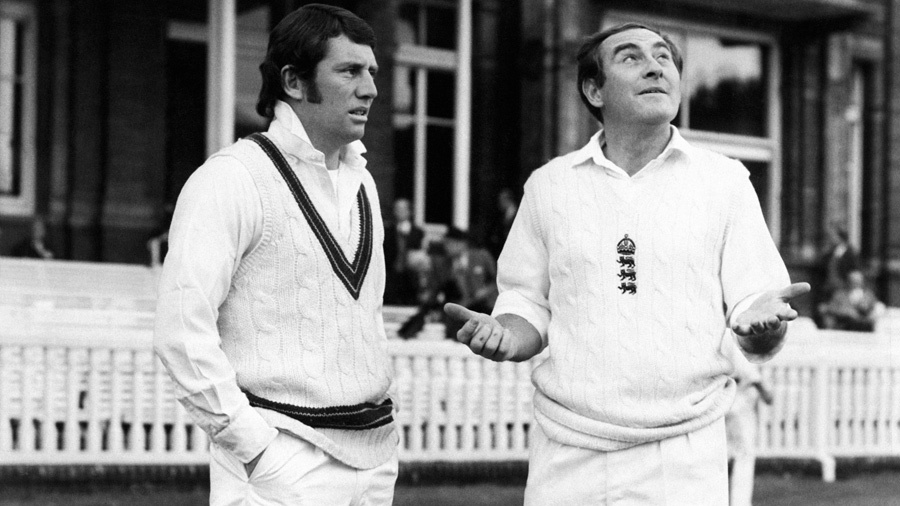
BME teachers say they face ‘microaggression’ in the staff room and low expectations from seniors. Photograph: Alamy
Black and Asian teachers in the UK say they are often saddled with stereotypical roles in schools and want more support from senior staff in handling incidents of racism, according to a survey.
The Runnymede Trust’s poll of more than 1,000 black and minority ethnic teachers found that they were most likely to be told to organise school events such as Black History Month, or tasked with behaviour responsibilities rather than being given more challenging teaching or leadership roles.
The survey’s authors said that black teachers in particular feared being labelled troublemakers or being viewed as “aggressive” if they challenged any decisions.
Black and Asian teachers in the UK say they are often saddled with stereotypical roles in schools and want more support from senior staff in handling incidents of racism, according to a survey.
The Runnymede Trust’s poll of more than 1,000 black and minority ethnic teachers found that they were most likely to be told to organise school events such as Black History Month, or tasked with behaviour responsibilities rather than being given more challenging teaching or leadership roles.
The survey’s authors said that black teachers in particular feared being labelled troublemakers or being viewed as “aggressive” if they challenged any decisions.
Zubaida Haque, a research associate at the Runnymede Trust, said: “Our survey found that BME teachers were not only overwhelmed with the mountain of paperwork but they are also beaten down by the everyday ‘microaggressions’ in the staff room and the low expectations and support by senior staff in their schools.
“This has led to BME teachers feeling undervalued, isolated and disillusioned with their careers. If BME and white pupils see BME teachers being treated unequally, this sends out unacceptable signals to the next generation. For this reason, both schools and the government must do everything in their power to tackle the barriers faced by BME teachers in schools.”
The survey was conducted for the National Union of Teachers annual conference, which starts on Friday in Cardiff.
The survey’s authors concluded that “institutional racism – often manifested in subtle and covert ‘microaggressions’ by senior staff – still plays a key part in the barriers to career progression for black teachers in many British primary and secondary schools”.
While Asian teachers reported “casual stereotypes” and Islamophobia from both staff and students, the authors said “it does suggest that the experience of racism is particularly insidious and persistent for black teachers in this study”.
In interviews conducted alongside the survey, teachers said that racist comments and attitudes from students were often not dealt with, although others reported a zero tolerance to racism from senior leadership.

Many of the teachers questioned were positive about their treatment, although those working at schools with few other black or minority ethnic staff reported the highest levels of dissatisfaction.
Several teachers said that the government’s Prevent strategy, aimed at tackling extremism in schools, placed an additional burden on Asian and Muslim teachers.
One black British secondary school teacher told the researchers: “Students feel they can be blatantly racist, and there are no consequences for them. These extremist views are not covered in the Prevent agenda because they are not seen as extremism.”
Some 60% of those surveyed reported that they were considering leaving the profession altogether, while more than half said their school was not a welcoming environment for BME children.
Kevin Courtney, the NUT’s general secretary, said: “This report shows us the cost of the gap between the proportion of BME teachers and BME pupils, which is getting wider because diversity in teaching is not keeping pace with pupil demographics. Alongside a proper strategy to recruit and retain enough teachers, the government needs a credible strategy for attracting sufficient BME teachers.”


